Listening at the Speed of Trust
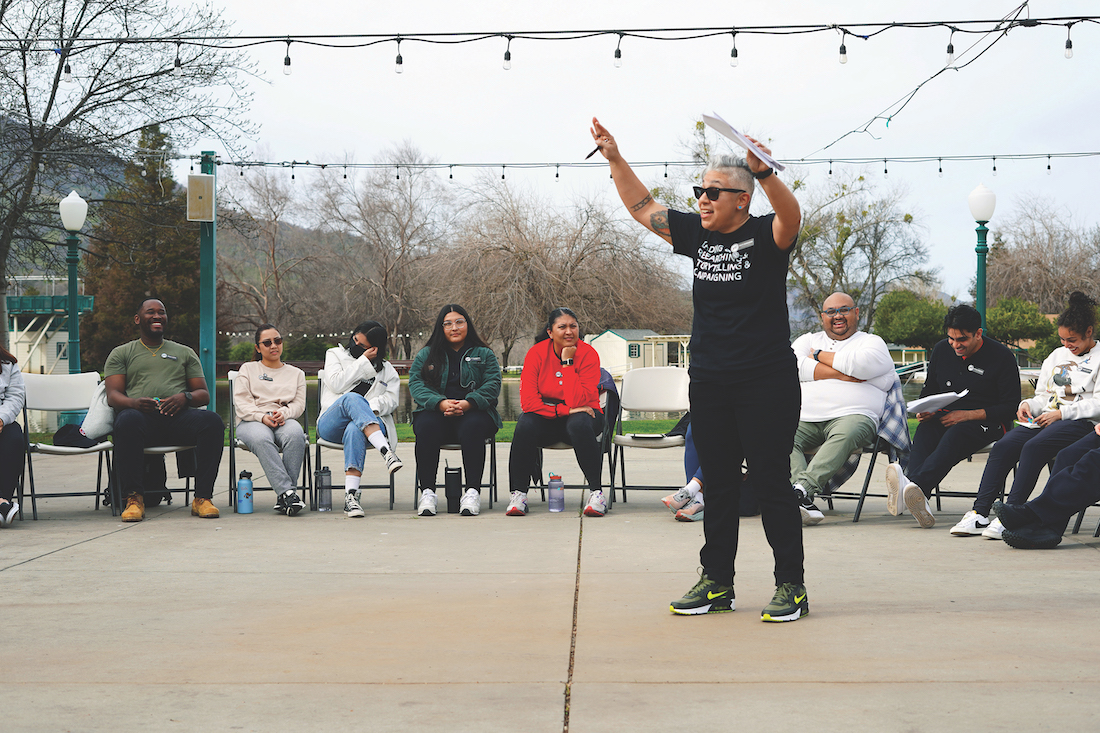
Pedro Arista, senior director at San Francisco’s Hirsch Philanthropy Partners, has a saying: “Collaboration moves at the speed of trust.”
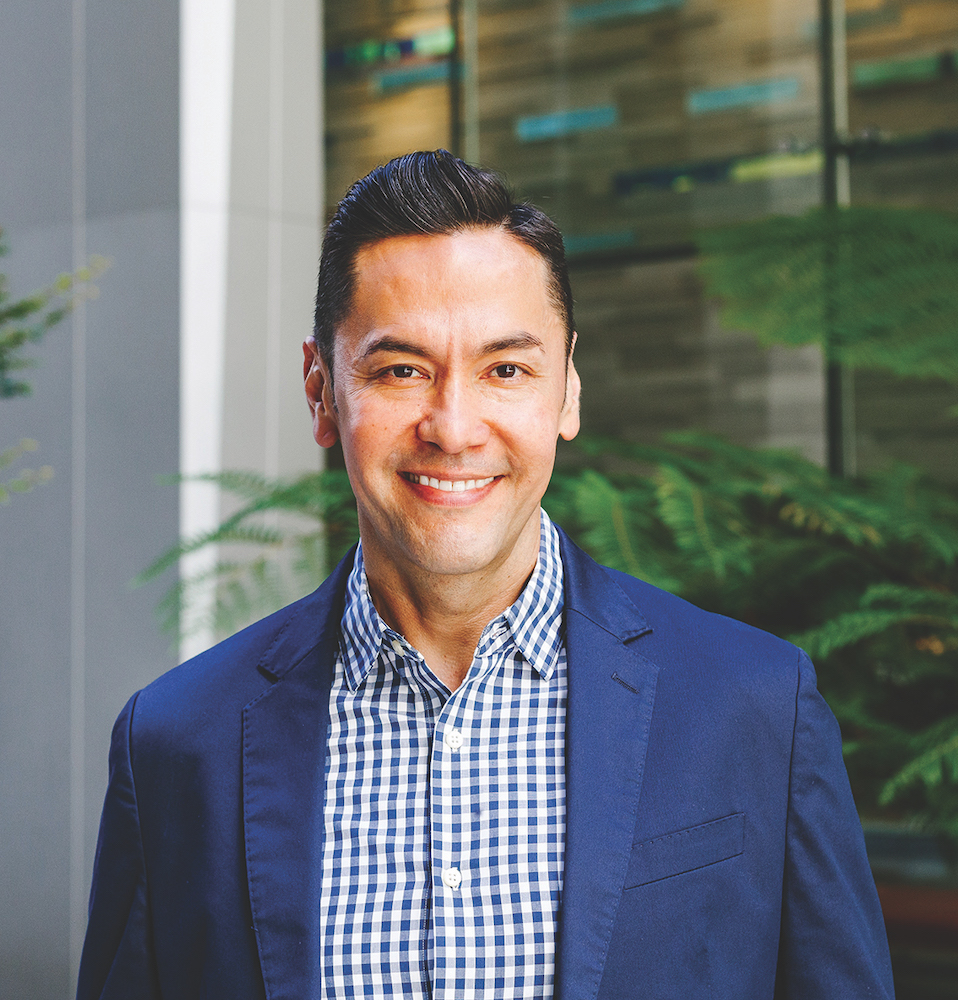
Arista, a philanthropic advisor at Hirsch, is a strong advocate for community-centered approaches to philanthropy that are influenced by Trust-Based Philanthropy and Participatory Grantmaking. In these frameworks, funders look to communities for insights, solutions, and decision-making power, treating them as trusted partners working together to achieve greater racial equity and systems change.
Since 2017, in partnership with the Hellman Foundation team, Arista has led the Hellman Foundation’s Collaborative Change Initiative, which has provided nearly $16 million to cross-sector collaborations in Alameda and San Francisco counties to pilot or scale creative solutions to intractable local issues.
The initiative has created a lasting impact on important local issues including health, education, and access to opportunity. Crucially, the work has led to authentic relationships between the Hellman Foundation’s Board of Directors and community leaders, “representing the foundation’s long-term commitment to trust-based values,” according to Arista. In 2022, the foundation took a more radical step toward collaborative philanthropy by creating a community panel comprised of local leaders and current grantees to assess and select new collaborations to fund, replacing the Board and staff review process typical of most foundations.
Despite momentum towards more community-led philanthropy, said Arista, there is much more the sector must do. For funders to truly achieve trust and partnership with communities, and to confront the power imbalances inherent in philanthropy, “We need to be in relationship with the people. And to do that, we need to listen.“
Easier said than done.
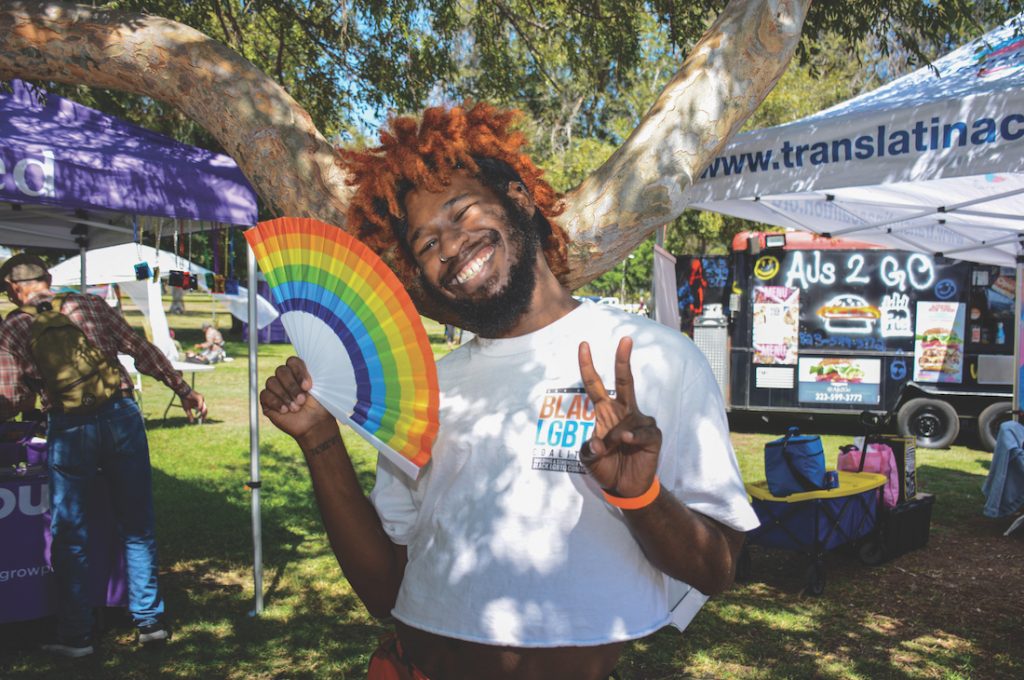
“As a culture we seem to be losing our listening mojo,” says best-selling author Kate Murphy in her new book, You’re Not Listening: What You’re Missing and Why It Matters. In a hyper-connected world, where the loudest voices get the most attention, listening has become the neglected step-child of performance. “Online and in person, it’s all about defining yourself, shaping the narrative, and staying on message,” Murphy writes. “Value is placed on what you project, not what you absorb.”
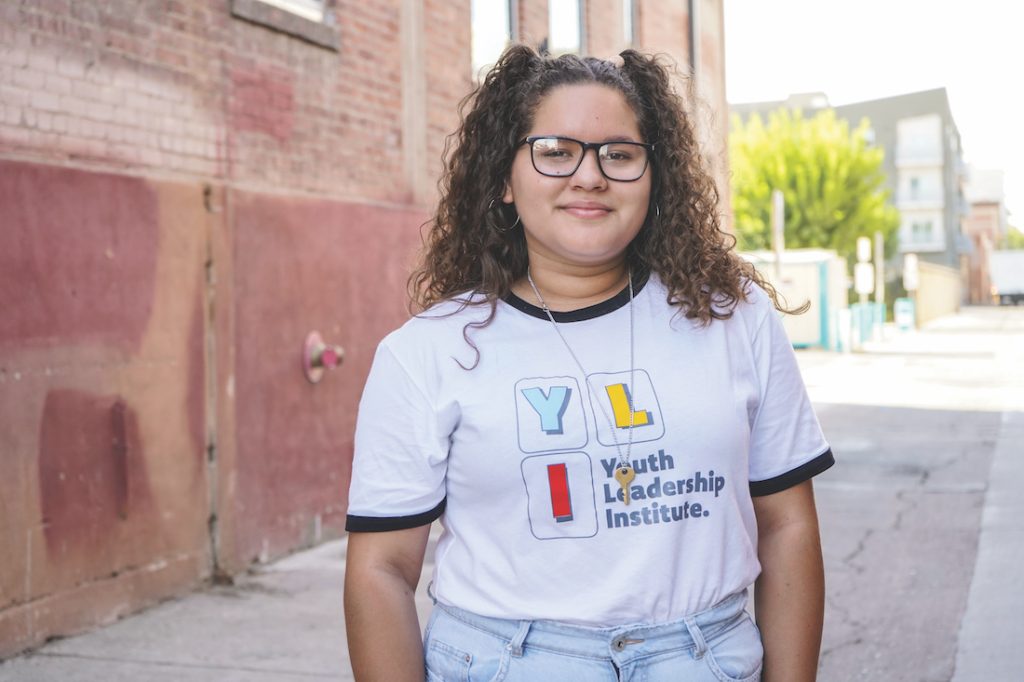
Rachel Bryant, vice president of Diversity, Equity, and Inclusion at the California Institute of Integral Studies (CIIS), agrees that true, patient listening isn’t a skill our society appreciates or values. “People are not good at listening, because they have not been listened to deeply. It’s not built into our culture.”
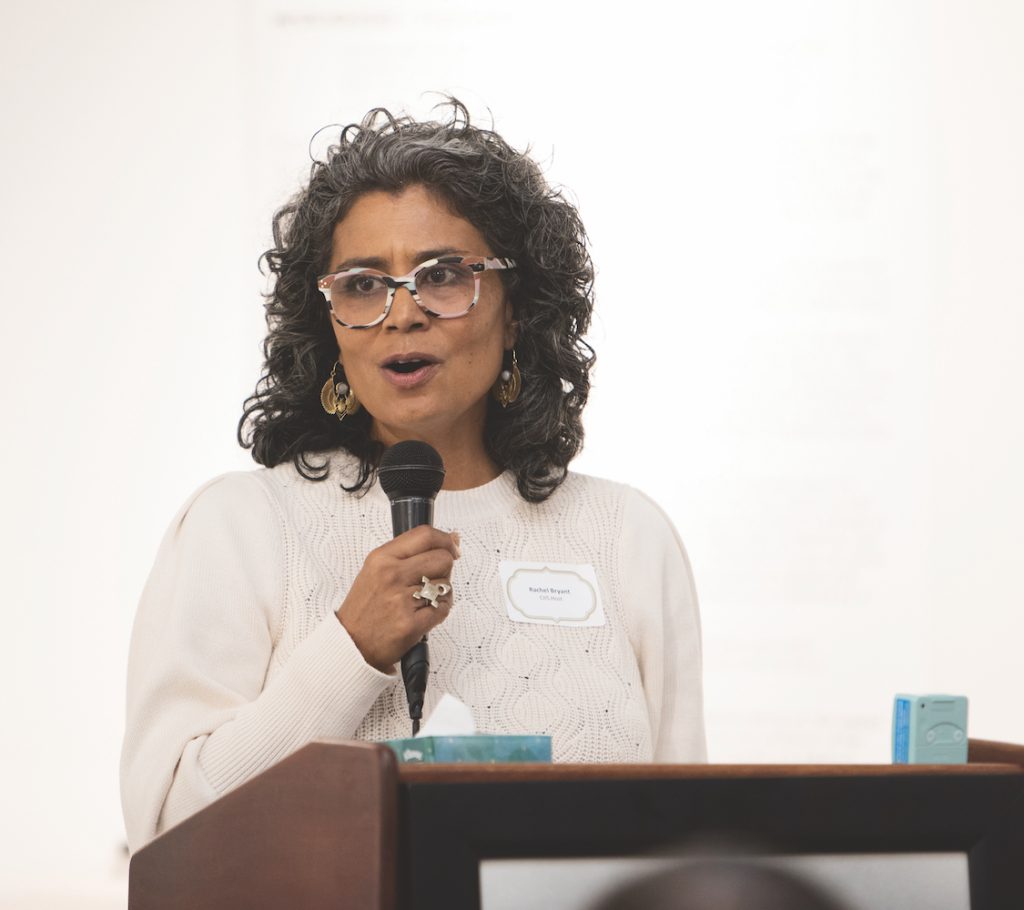
The result, she says, is a “transactional” model of listening that is in dire need of reform. As the former director of CIIS’ Mental Health Services Act Project, Bryant has seen the implications of poor listening not just on individual wellness, but on community health, especially when funding and support is predicated on communication that is “performative,” as opposed to authentic.
Many economically or socially marginalized communities, said Bryant, feel listened to in the most superficial way, usually when they are being researched or studied with an eye toward a pre-determined solution. “This kind of listening just compounds the fatigue” of presenting one’s goals and needs. “And in the end, nothing much changes anyways.”
Dara Papo, a veteran homeless health care administrator in San Francisco, has noticed a dynamic in which, almost by definition, society doesn’t want to hear what those who are unhoused have to say.
“Our society still feels that people who are poor or experience homelessness are somehow…choose your own negative stereotype here,” she said. “If you look down upon somebody, and not trust that they actually know what’s best for themselves, you’re unlikely to really hear them.”
Papo points to a successful experiment in listening: UCSF’s Benioff Homelessness and Housing Initiative. One of the Initiative’s strategies is community-engaged research, in which researchers and community members collaborate as equals to fill in gaps of communication and insight that might not otherwise be visible. The program’s training of formerly unhoused staff to both do research and present their findings means that the stories of those struggling with homelessness “are humanized, and the narrative doesn’t become what it usually does, which is ‘poverty porn.’”
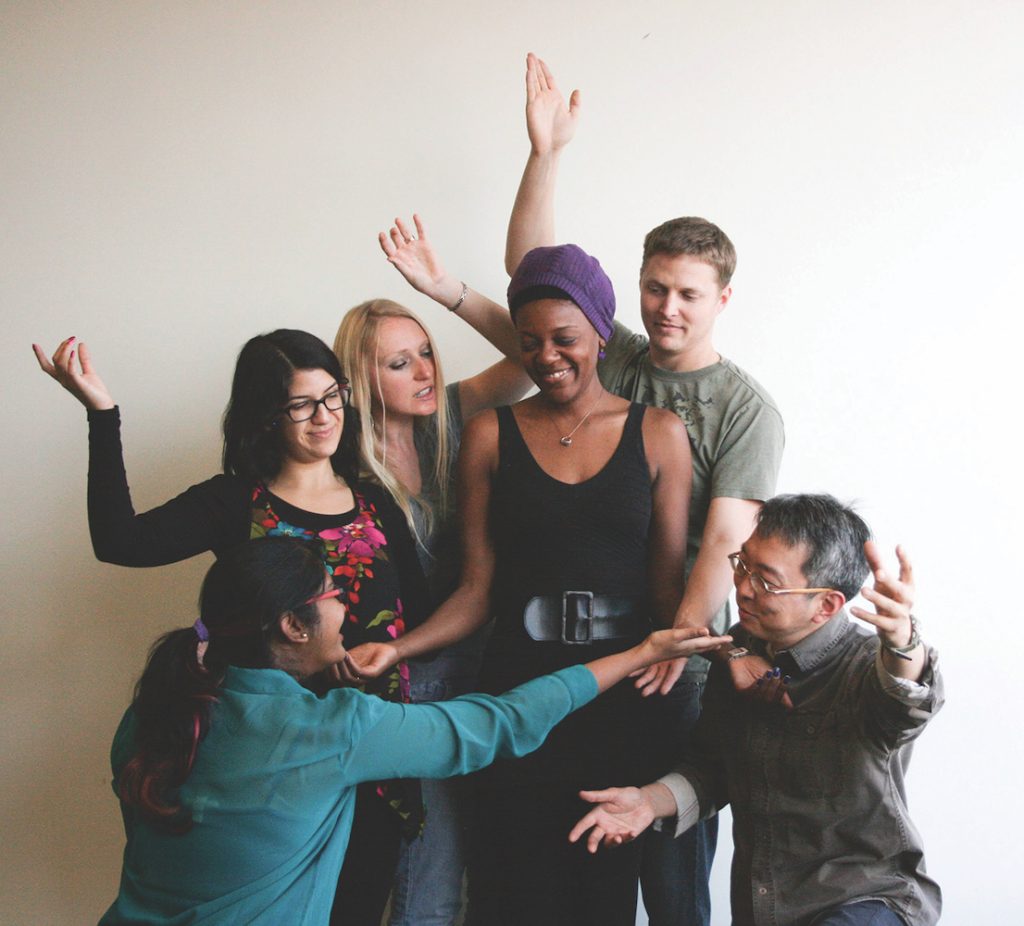
Ellie Tumbuan has worked in almost every part of the philanthropic ecosystem, from advising major donors on strategy, to raising money for nonprofits, to evaluating program success. In 2015 she co-founded The Justice Collective, a social impact consulting firm that brings a racial equity lens to leadership and organizational development.
In her estimation, effective listening is already an advanced step, predicated on layers of donor awareness. “Funders generally believe that they are listening, that they are doing all they possibly can to listen,” she says. “But because they don’t have a fundamental understanding of the power dynamics at play, it’s hard to be effective. You have to do the work first.”
And what is the work?
The lowest-hanging fruit, Tumbuan said, is technical: designing meetings so that listening can happen. That means doing your homework beforehand, so the time together can be spent exploring issues, and not just repeating basic information. It also means building in time for open-ended conversation, and then leaning into whatever comes up, “demonstrating that you are capable of making space for what might be challenging for grantees to share.” Donors who take these steps indicate that they are “willing to build resilience to their own discomfort, of sitting with things they don’t want to hear.”
The deeper strategy, though, is both emotional and structural. On a personal level, the first step is “knowing it’s possible you might have something to learn around listening, and your own willingness to grow your emotional intelligence.”
A structural approach, Tumbuan explained, involves acknowledging the systems of oppression that make philanthropy necessary in the first place. As major philanthropies are vocalizing in increasingly public ways, the existence and size of the philanthropic sector is itself a sign that our social and economic systems aren’t working.
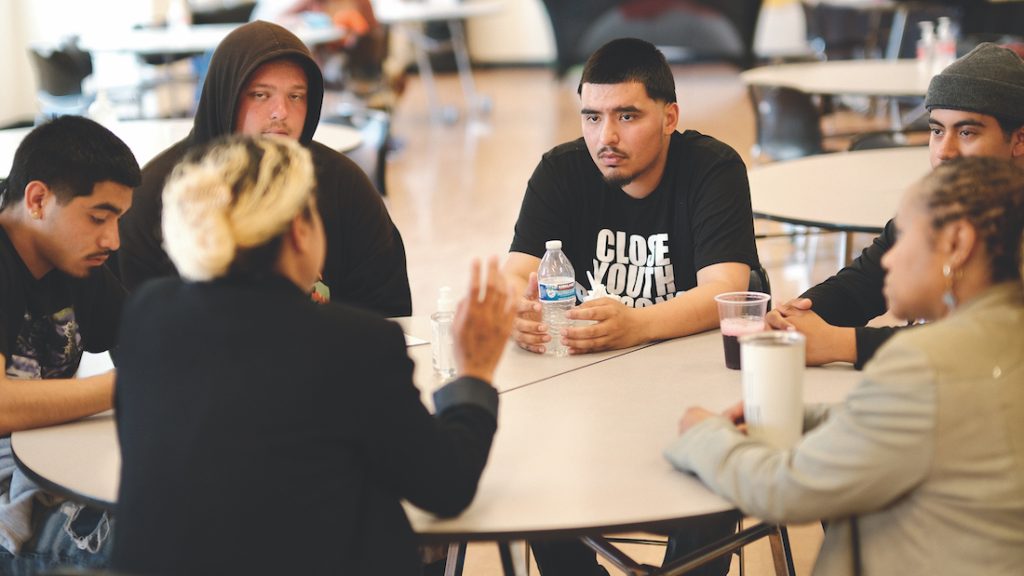
But funders don’t have to do this work of listening, and learning to listen, alone. Diverse organizations like The Justice Collective, Northern California Grantmakers, and The Center for Effective Philanthropy work with funders and nonprofits to create a shared framework of ideas and language. Organizations like Feedback Labs, which partners with foundations like the William and Flora Hewlett Foundation and the Siegel Family Endowment, provide research, training, and support for funders looking to model and inspire listening for their peers, as well as for grantees.
“Foundations increasingly recognize that it’s essential that grantees be able to listen and respond to the people most impacted by their work,” wrote Megan Campbell, senior director of programs and strategy, for Feedback Labs. “Asking grantees how they listen, starting a conversation about what they need to listen better, and then providing support to help them increase their ability to meaningfully respond to the people at the heart of their work are easy ways that foundations can support more equitable programs and advocacy that align with community desires.”
For nonprofits that work with vulnerable youth populations, whose voices often disappear into the ether, listening is mission-critical. For Kristin Mateer, executive director at East Bay Children’s Law Office (EBCLO) in Oakland, “It is our duty and our privilege to listen to the true experts, the children we serve.”
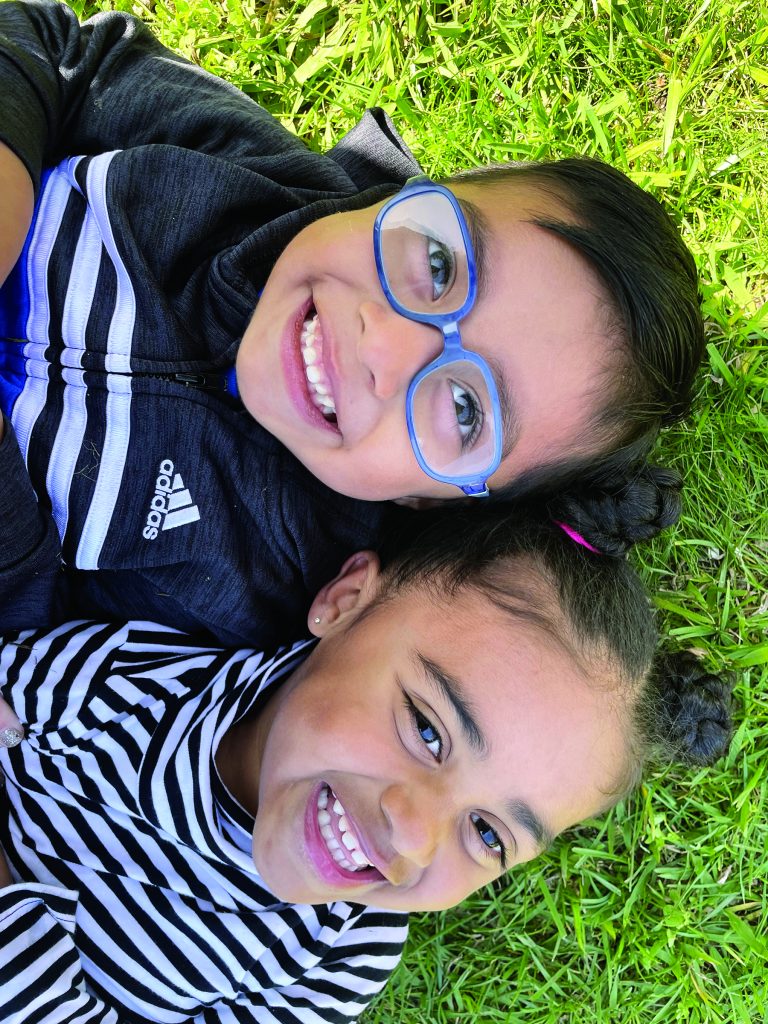

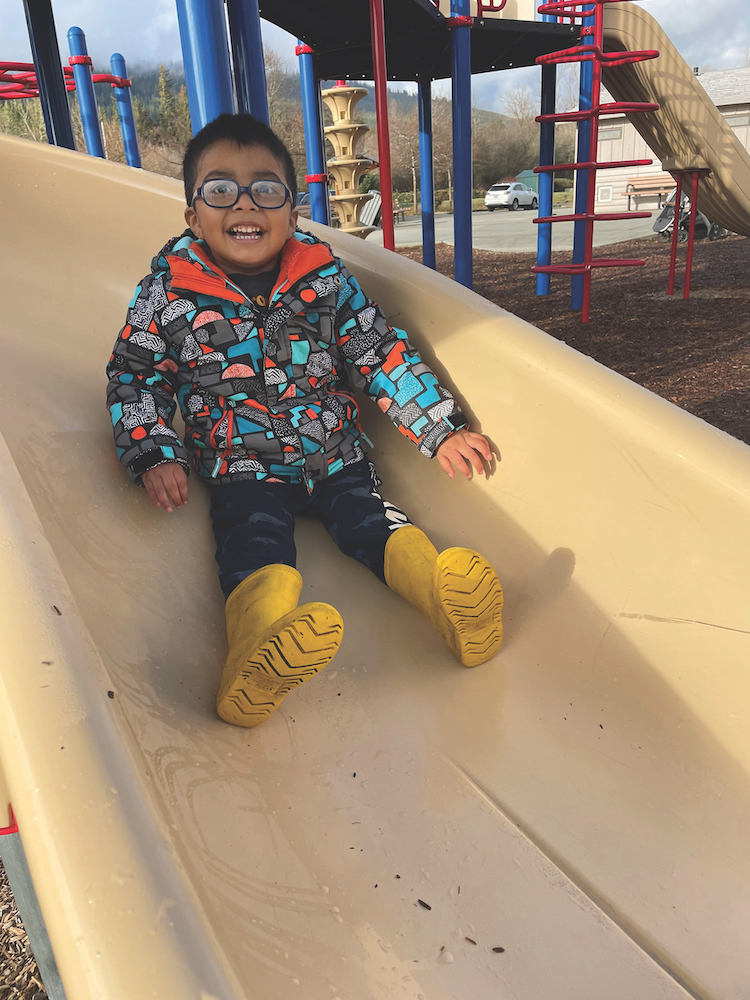
Listening to youth who are embroiled in the legal and foster systems is “at the very core of our work,” and requires a significant investment in time and energy, Mateer explained. To get the information they need, and to empower children to believe they deserve respect and care, EBCLO “has to listen in the context of their family, community, and culture. It’s listening to hear their long-term goals and their short-term needs. It’s the only way we can be sure that the judge making important decisions about children and their families truly knows what is important to them.”
The sudden ubiquity of Artificial Intelligence in our apps and businesses suggests that there might be a shortcut to certain kinds of communication, especially the creation of reports and presentations. But there doesn’t seem to be a hack for the quiet, deep work of listening as the basis for relationships across the funding and nonprofit ecosystem.
The comedian Maria Bamford put it well when she joked: “I wish science would come up with a brain ride, where you could get inside somebody’s brain and see all their thoughts and their experiences and memories, and why they believe and think the way they do, and how they see the world.
“I know there’s a low-tech version of this. It’s just called listening.”
